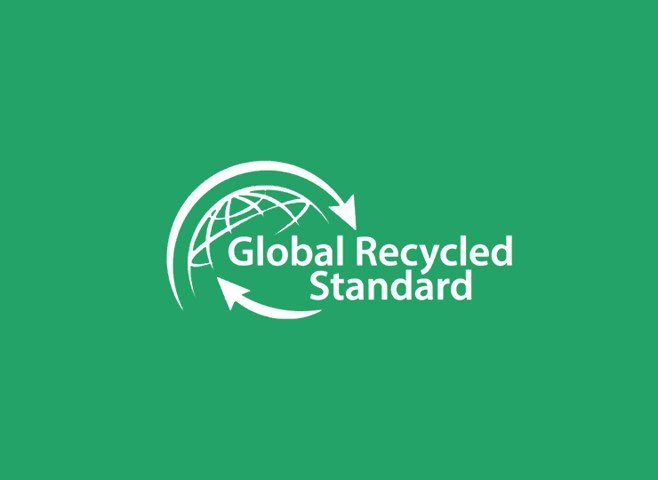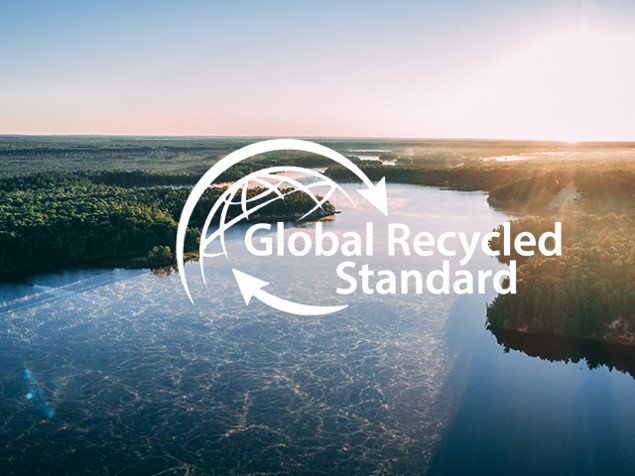GRS, The Global Recycle Standard was originally drafted by the Control Union certification body in 2008. On January 1, 2011, ownership of this standard was transferred to the Textile Exchange. GRS aims to promote the use of recycled materials globally through requirements for the source, environment, and social responsibility of recycled materials, ensuring the sustainability and responsible management of products in the production process. Obtaining GRS certification for products means that a certain proportion of recycled materials are used in their production process and strict environmental and social responsibility standards are followed.

Experienced
10+ years of experience in certification services, supporting 10,000+ companies with audits and helping 1,200+ obtain Amazon Climate labels.
Professional Advantages
Free consultation and tailored solutions, 24/7 one-on-one coaching, and full one-stop service to solve all certification challenges.
Senior team
Gathering senior industry consultants and teachers with over 5 years of experience, proficient in various factory inspection and audit standards in the industry
Service advantages
The project covers the fields of factory certification and carbon neutrality. The certification pass rate is almost 100%, and customers have no concerns
The Global Recycle Standard (GRS) is an international, voluntary, and comprehensive product standard that specifies third-party certification requirements for recycling content, production and sales chains, social and environmental practices, and chemical restrictions. The goal of GRS is to increase the use of recycled materials in products and reduce/eliminate the hazards caused by their production.
There are a total of 19 institutions worldwide authorized to implement FSC certification, of which 7 operate in China. For consumers, purchasing wooden products with FSC certification marks can avoid buying products from endangered tree species or illegal logging, ensuring that the products come from forests that can meet the social, economic, and ecological needs of present and future generations, and also supporting Greenpeace. More than 100 million hectares of forests in approximately 79 countries worldwide have obtained FSC certification.
The global recycling standard applies to any product that contains at least 20% recycled materials. Starting from the recycling stage, each production stage must be certified and ultimately end with the last seller in a business to business transaction. The collection and concentration of materials require self declaration, document collection, and on-site visits.
GRS does not address quality or legality issues.
GRS adopts the ISO 14021 recycling content definition, based on the interpretation of the US Federal Trade Commission Green Guidelines; Intended to adhere to the most widely recognized and rigorous definitions.
This is a voluntary compliance standard and is not intended to replace the legal or regulatory requirements of any country. The user is responsible for demonstrating compliance with all applicable laws and regulations related to marketing, labor, and business practices. It is recommended that sellers of GRS products refer to the allowed recycling content requirements of the selling country to ensure compliance with all legal product declaration requirements.

Kind reminder: This message is our channel to understand your needs. We will carefully interpret your requirements and arrange for an experienced manager to contact you by phone. We will not disclose the information you have filled in to the public. Please feel free to fill it out.



